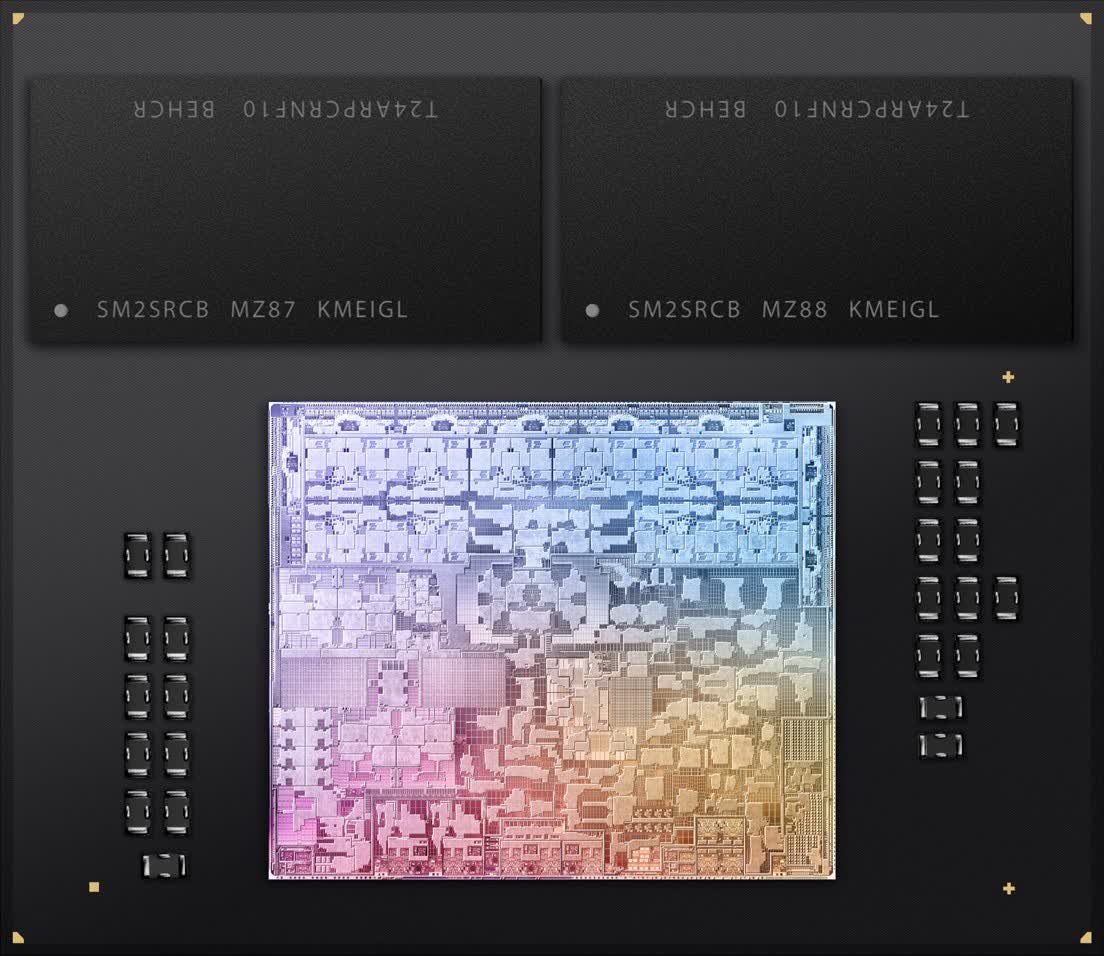Why it matters: Apple's new M3 products push the emerging Arm PC sector to the next level, but the cheapest MacBook in the lineup is a $1,600 notebook with only 8GB of unified memory. Many consider 16GB the current standard and arguably the minimum for intense workloads, but Apple thinks its RAM is different.
Apple has defended its decision to continue releasing new MacBook Pro models with only 8GB of RAM. Apple's VP of Worldwide Product Marketing Bob Borcher asserts that Apple's efficiency gains make 8GB in its products equivalent to the performance of 16GB in other systems.
The cheapest M3 MacBook is the 14-inch MacBook Pro that features 8GB of unified memory but costs $1,599. Meanwhile, PC users can easily find more affordable notebooks with 16GB of system RAM and additional VRAM. While unified memory offers some advantages over socketed RAM, 8GB is still a smaller pool for the CPU and GPU to share.
Borcher's comments came in an interview with content creator Lin Yi (above). The executive suggested that Apple users shouldn't worry about the base M3 notebook's capacity for heavy workloads because it manages RAM more efficiently than Windows products.

While he didn't mention specific applications or performance numbers, Borcher asked customers to look beyond system specs. Testing his claims would likely require deep-dive benchmarks comparing specific memory-intensive applications on the 8GB Macbook Pro versus a roughly equivalent 16GB Windows notebook.
One ingredient of M3's "secret sauce" might be Dynamic Caching, a feature Apple unveiled in its M3 presentation last month. Unlike traditional GPUs, which allocate memory based on the neediest tasks, Dynamic Caching allocates RAM in real-time, giving each application only the exact amount it needs.
Apple designed Dynamic Caching to increase GPU utilization, particularly improving game and rendering performance. It also helps with hardware-accelerated ray tracing, which makes its Mac debut with M3 and is known to require significant amounts of GPU memory and bandwidth.
The interview also broached Apple's approach to AI and machine learning (ML), which has been more cautious than initiatives from Google, Microsoft, and other Big Tech companies. Borcher said Apple focuses less on talking about the technologies than on the tasks they might enable for users. The M3 processors include hardware dedicated to AI and ML, and the company is currently spending millions on developing AI projects in-house.
https://www.techspot.com/news/100784-apple-8gb-ram-m3-macbooks-similar-16gb-windows.html